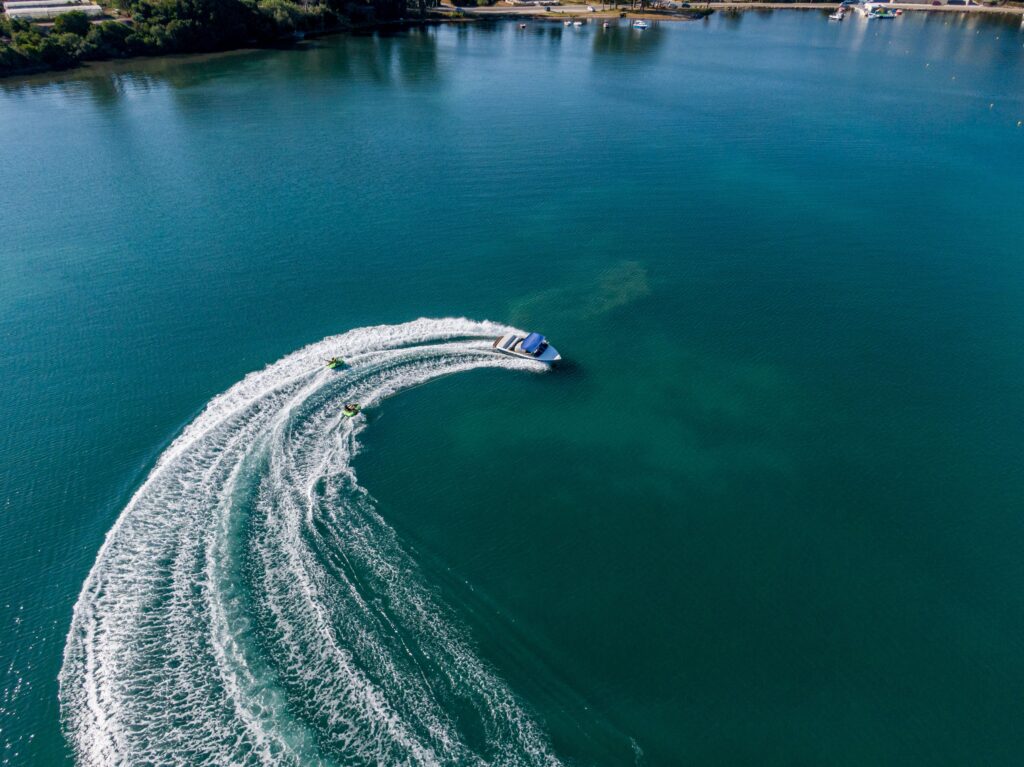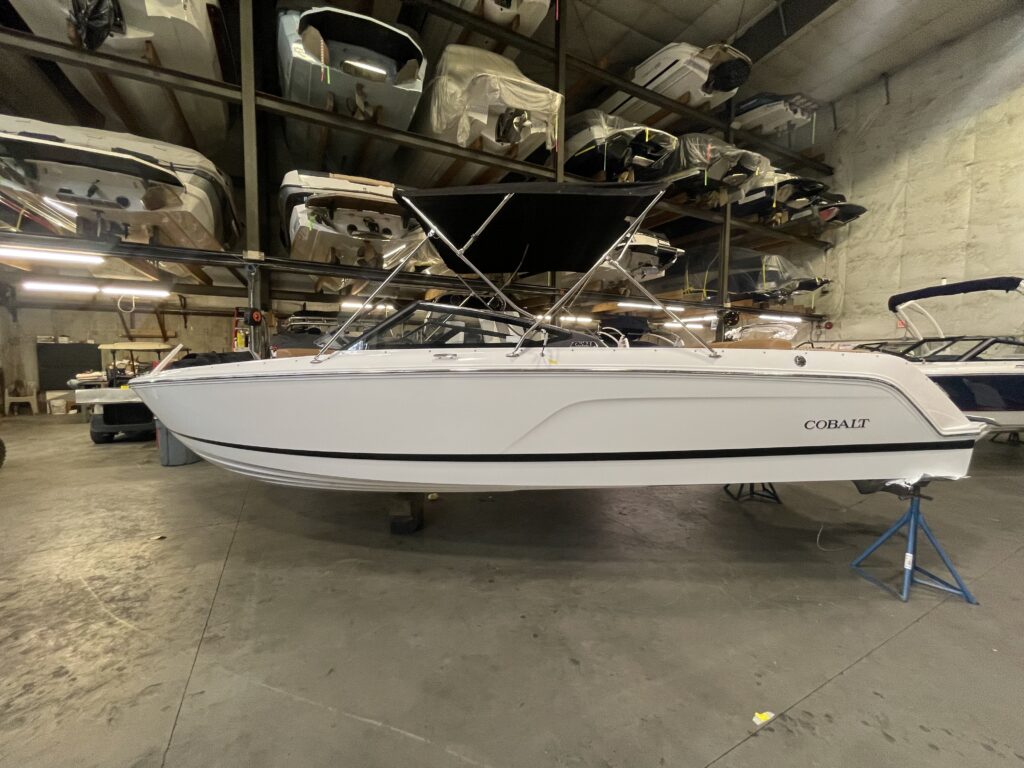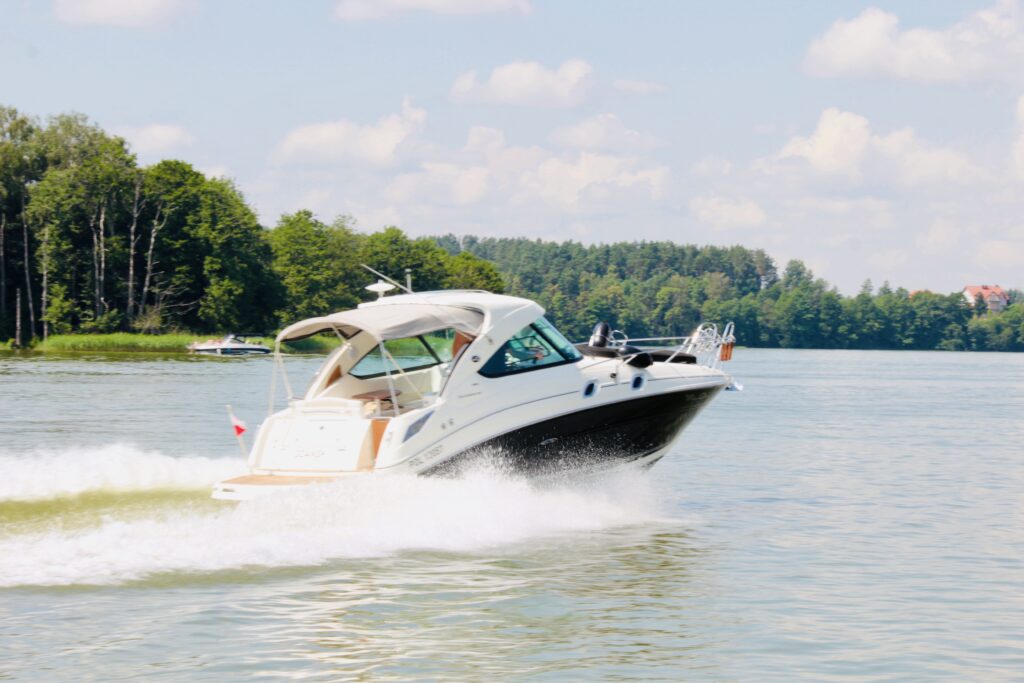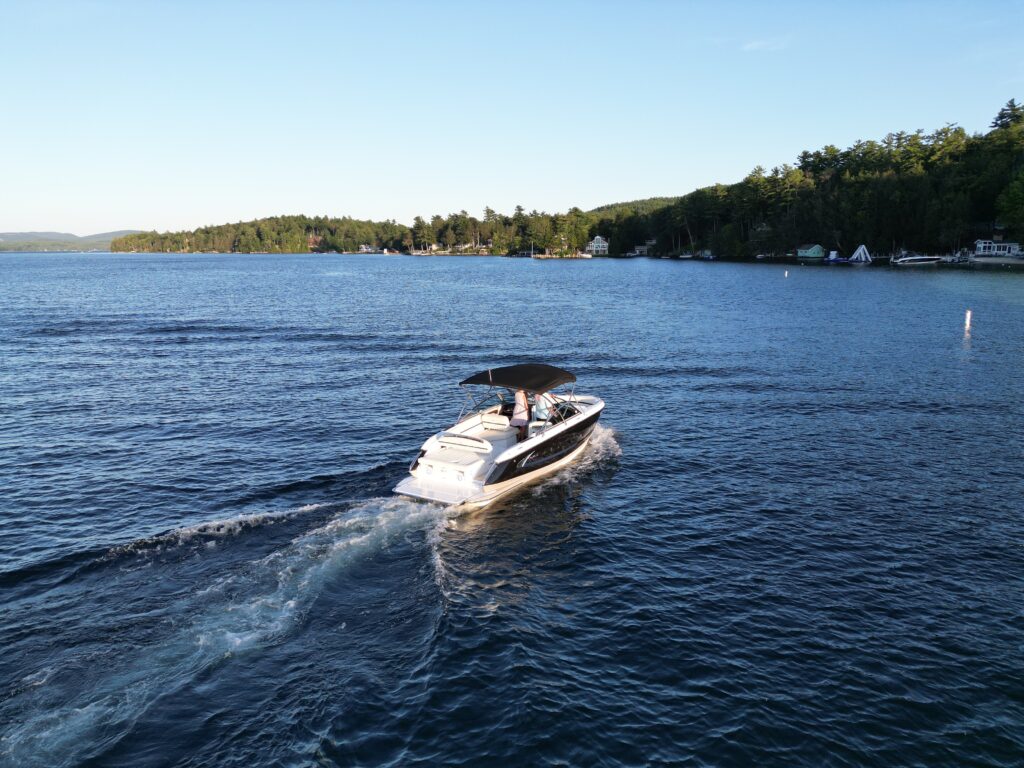Boating is often seen as a leisurely activity associated with sunshine, socializing, and relaxation. But when alcohol enters the equation, it can transform a fun day on the water into a dangerous situation. Understanding how does alcohol use affect boat operators and passengers is critical for promoting safety, preventing accidents, and ensuring everyone gets back to shore unharmed.
The combination of sun, wind, vibration, and motion already taxes a boater’s physical coordination and mental awareness. Adding alcohol further impairs these faculties, making it one of the leading contributors to boating accidents and fatalities.

Physical and Cognitive Impairment While Boating
Alcohol affects the brain’s ability to process information, slowing reaction times and distorting judgment. When examining how does alcohol use affect boat operators and passengers, it’s clear that even small amounts of alcohol can impact crucial functions such as:
- Balance and coordination
- Depth perception
- Night vision
- Decision-making skills
These impairments make it harder for a boat operator to steer accurately, respond to obstacles, or adjust speed safely. For passengers, impaired balance increases the likelihood of falling overboard or sustaining injuries on a moving vessel.

Increased Risk of Accidents and Collisions
A major factor in how does alcohol use affect boat operators and passengers is the rise in accident likelihood. Alcohol impairs the ability to read navigational aids, operate throttles properly, or recognize other boats in time to avoid a collision.
According to the U.S. Coast Guard, alcohol is a leading contributing factor in recreational boating fatalities. Operators under the influence are more likely to capsize, run aground, or misjudge turns at high speeds, putting everyone aboard at risk.
Alcohol and Environmental Stressors
Boating introduces unique environmental stressors—sun glare, heat, motion, and noise—that can intensify the effects of alcohol. This phenomenon is known as “boater’s hypnosis,” where prolonged exposure to these stressors leads to fatigue and reduced awareness.
How does alcohol use affect boat operators and passengers in this context? It accelerates impairment, meaning boaters become dangerously intoxicated faster on the water than they would on land after consuming the same amount.

Legal Limits and Boating Under the Influence (BUI)
Many boaters are unaware that boating under the influence (BUI) laws mirror those for driving a car. In most U.S. states, a blood alcohol concentration (BAC) of 0.08% is the legal limit for operating a boat.
How does alcohol use affect boat operators and passengers legally? Violating BUI laws can result in severe penalties, including fines, imprisonment, loss of boating privileges, and even revocation of a driver’s license. These consequences are enforced just as strictly as driving under the influence.
Passenger Risks and Responsibilities
Passengers may assume they are exempt from danger if they’re not steering the boat. However, how does alcohol use affect boat operators and passengers together? Impaired passengers are more prone to reckless behavior, including standing in unsafe areas, interfering with the driver, or misusing equipment.
In an emergency, alcohol-affected passengers may also be less able to follow directions, wear life jackets properly, or assist with rescue procedures.

Delayed Emergency Response and Rescue
Alcohol slows response times not only in operating a boat but also in handling emergencies. When someone falls overboard, hits their head, or the boat runs into trouble, every second counts.
How does alcohol use affect boat operators and passengers in high-stakes moments? It can lead to delayed communication with authorities, improper use of rescue equipment, or poor coordination in emergency situations.
Long-Term Consequences and Liability
Beyond the immediate danger, how does alcohol use affect boat operators and passengers in the long run? Boating accidents involving alcohol often lead to civil lawsuits, long-term injuries, and increased insurance premiums.
Operators found responsible for alcohol-related incidents may be held liable for damages, medical costs, and legal settlements. This financial strain can impact one’s ability to own or operate a boat in the future.

Safer Alternatives to Alcohol on the Water
Promoting safer alternatives is one of the most proactive answers to how does alcohol use affect boat operators and passengers. Consider:
- Hydrating with water or sports drinks
- Designating a sober skipper
- Scheduling celebratory drinks for after the trip
- Packing snacks and non-alcoholic beverages
These small changes can significantly reduce risk while keeping the boating experience enjoyable.
Education and Preventive Measures
A major aspect of understanding how does alcohol use affect boat operators and passengers is recognizing the importance of education. Many boating safety courses emphasize the dangers of alcohol and include training on BUI laws and accident prevention.
Encouraging all boaters—whether operators or guests—to take a certified safety course can improve awareness and decision-making on the water.

Conclusion
How does alcohol use affect boat operators and passengers? It impairs judgment, increases accident risk, slows emergency response, and leads to serious legal and financial consequences.
As a marine financing provider, we’ve seen firsthand how one poor decision on the water can turn a dream lifestyle into a liability. If you’re investing in a boat, consider budgeting for safety equipment and education alongside your vessel. Our boat loans are designed to help you get on the water responsibly and with peace of mind.
